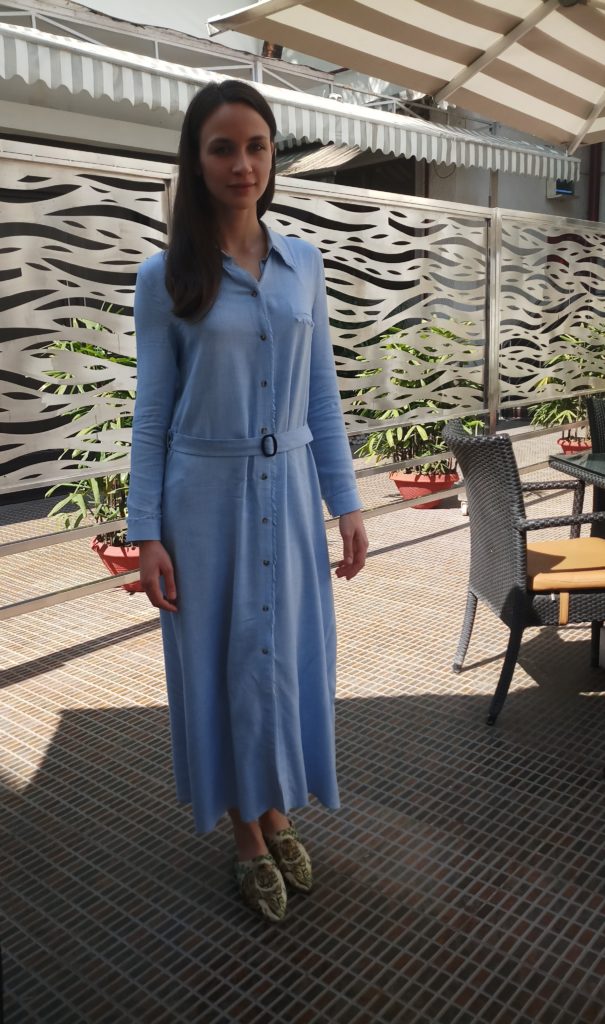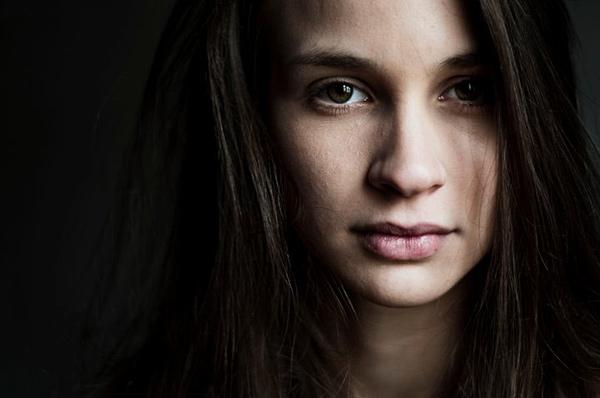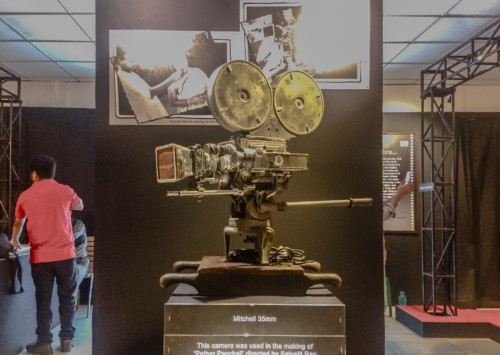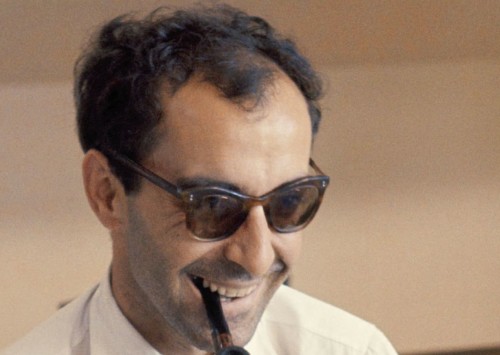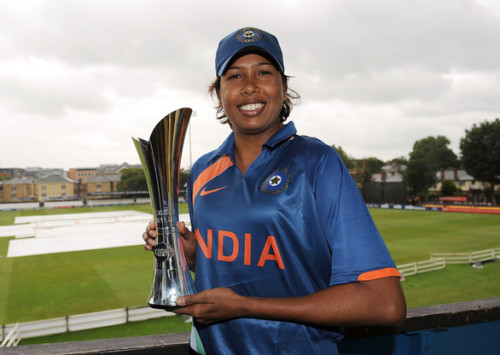Coffee with Franciska Töröcsik
The critically acclaimed actor of Aurora Borealis, talks about her European influence, acting methods and women empowerment, exclusively with Media India Group.
Töröcsik’s film Aurora Borealis was screened at the Special Tribute section of the 23rd Kolkata International Film Festival (KIFF).
On a sunny afternoon during the ongoing film festival in Kolkata, Franciska Töröcsik clearly stated over a cup of coffee, “I am a staunch believer of women empowerment and would readily agree to any women-centric film with a decent script.” Töröcsik’s film Aurora Borealis, which revolves around the life of a woman in Hungary during the 1950s, was screened at the Special Tribute section of the 23rd Kolkata International Film Festival (KIFF).
As the caffeine started kicking in, the conversation got deeper. Here is an excerpt from the chat:
What can you tell us about your film Aurora Borealis?
The film starts in the 1950s and shows the journey of a woman over the next few decades. The protagonist is Maria, which is played by Mari Töröcsik. I play the younger version of Mari. The film encapsulates the past and the present and dwells on harassment of women as a subject. The message of the director, Márta Mészáros behind this film is fairly simple- to not tell lies.
How strong are you on women empowerment?
I am all guns for women empowerment. I have been fortunate to work with women directors. For example, for Sunstroke, I worked with Lili Horváth, for Home Guards with Krisztina Goda and for Aurora Borealis with Márta Mészáros. So, they have never directed me in a way that would be recognised as a male perspective or gaze and to me, that is empowering. Also, their films are women-centric, exploring the plight of women in different socio-political context.
If I give you the instance of Sunstroke, it is based on the hurdles of early motherhood and the taboos that come attached to it. Hence, I am fortunate to have worked in films that discuss women in different lights.
What has been the force behind your acting?
I started acting when I was an 8-year-old girl, but at that time I never had any formal training in acting. It was only later that I got absorbed into the aesthetics of acting and took formal training in the Academy of Drama and Film in Budapest. It was also around this time that I noticed a lot of conscious involvement and awareness about filmmaking that further drove me towards acting.
Which has been the most difficult character you played till date?
I would say that would be my character from Aurora Borealis. This character needed a lot of depth. To understand the mindset of a young woman during the 1950s in a communal regime was something that required a lot of research.
One particular scene that proved to be very intense was a childbearing scene. For a scene of that depth, doing justice would require more than just understanding the character. I had to position myself in that place, during that era and think if this was actually happening to me, how would I emote and what my body language would be.
Can you say a few words about your method of acting?
For me, I at first read the script and refer to a book. If there is a book, I try to understand the perspective of the author and then refer back to the script again to see what it demands. It is very important, according to me, to understand the demands of the character, not only in terms of emotions but also the physical appearance. You need to feel like the character, and in order for me to do that, I have to dress like that character, imagine how she would react to responses, to outwardly situations and objects.
How has your KIFF visit been?
This is my first time in India and that also in an international film festival. The experience so far has been great. In Kolkata, I went to the Botanical Gardens, Victoria Memorial and thoroughly enjoyed the serenity of the former and the aesthetics of the latter. Also, people are very welcoming and it was refreshing to see that so many Indians are interested in watching foreign language films. That is inspiring.
You are in India, watching films. What are your thoughts on Indian films?
I have seen films by Shah Rukh Khan who is a big name in Hungary. I find it rather enticing, the song and dance sequences in Indian films. They are entertaining. Also, I have watched Bunty aur Babli. It was a fun watch that beautifully portrayed the Indian society in a rather comic manner.
It would be interesting to also add here that, I have also noticed that Bollywood has become a brand that helps people abroad to instantly connect it to Indian films. That in itself is saying a lot about the industry, which I heard is one of the biggest film industries globally.
However, if am comparing with Hungary, one thing I noticed and heard about Indian films is that they use a lot of metaphors, which I heard is due to censorship issues. There are almost no censorships on filmmakers in Hungary.

